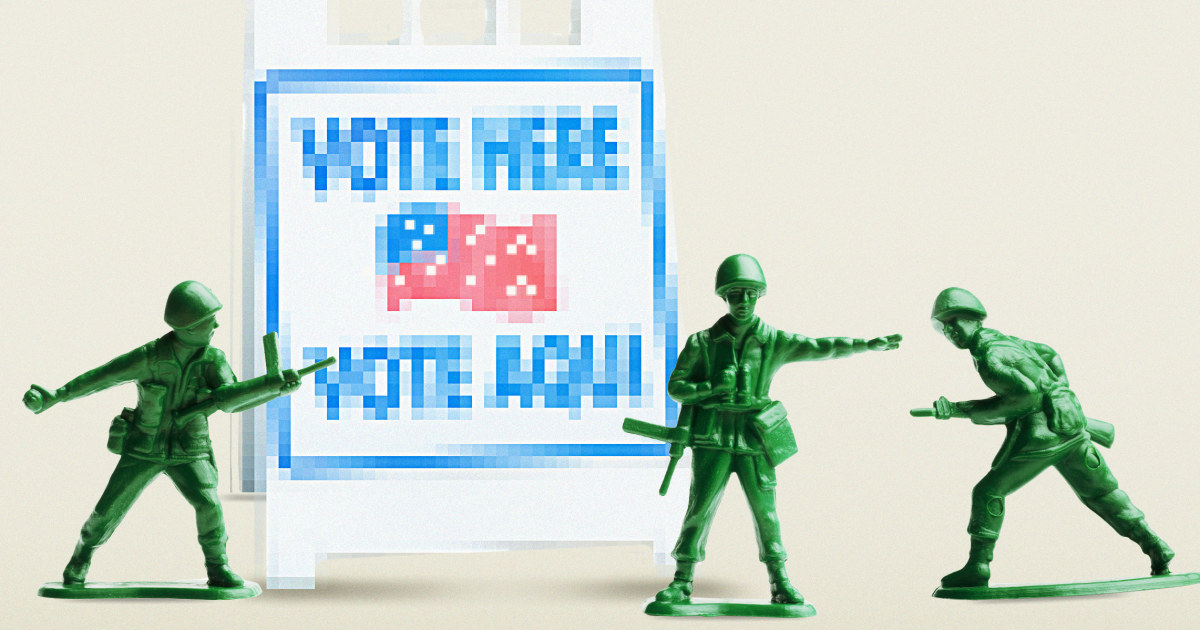If you should run across any “conservatives” who are against regulating deepfakes, just show them this. https://www.youtube.com/watch?v=ZLHvu-V7v7Q
He was pretty disbelivably coherent.
No one really knows anything. These “experts” are just guessing. I scanned the beginning of the article, looking for some real info on how they gamed this out. I checked out when that wasn’t at the top.
We’ll have deepfakes and people will believe them and others will use that as an excuse for shit that’s real and who knows what the fuck. This is only one component in the declining state that is the USA. I’m choosing not to think that much about it.
News has been running explicit propaganda with 40% of the country believing it for about 30 years. It’s been working fine. As weird as it sounds and as bad as it might be, I think that fake videos are not as game-changing a part of that toolbox as they’ve been made out to be.
Uh… maybe not funding education was a bad idea. 👎
This is the best summary I could come up with:
“It was jarring for folks in the room to see how quickly just a handful of these types of threats could spiral out of control and really dominate the election cycle,” said Miles Taylor, a former senior Department of Homeland Security official who helped organize the exercise for the Washington-based nonprofit The Future US.
Dubbed “The Deepfake Dilemma,” the exercise illustrated how AI-enabled tools threaten to turbocharge the spread of false information in an already polarized society and could sow chaos in the 2024 election, multiple participants told NBC News.
Unlike a natural disaster, in which government agencies work through a central command, America’s decentralized electoral system is entering uncharted territory without a clear sense of who’s in charge, said Nick Penniman, CEO of Issue One, a bipartisan organization promoting political reform and election integrity.
Concerned about understaffed and inexperienced state election agencies, a coalition of nonprofits and good-government groups are planning to organize a bipartisan, countrywide network of former officials, technology specialists and others to help local authorities detect deepfakes in real time and respond with accurate information.
“Ahead of the upcoming elections, OpenAI has put in place policies to prevent abuse, launched new features to increase transparency around AI-generated content, and developed partnerships to connect people to authoritative sources of voting information,” said a spokesperson.
For many of those in the room for the exercise, the scenarios drove home the need to develop an ambitious public education campaign to help voters recognize deepfakes and to inoculate Americans from the coming onslaught of foreign and domestic disinformation.
The original article contains 1,621 words, the summary contains 258 words. Saved 84%. I’m a bot and I’m open source!
Would CISA or some other government agency have (or assemble) a dedicated response team that would study videos and audio as they appear, quickly be able to determine if they are deep fakes, and publicize that information? Basically a fire department for disinformation?





